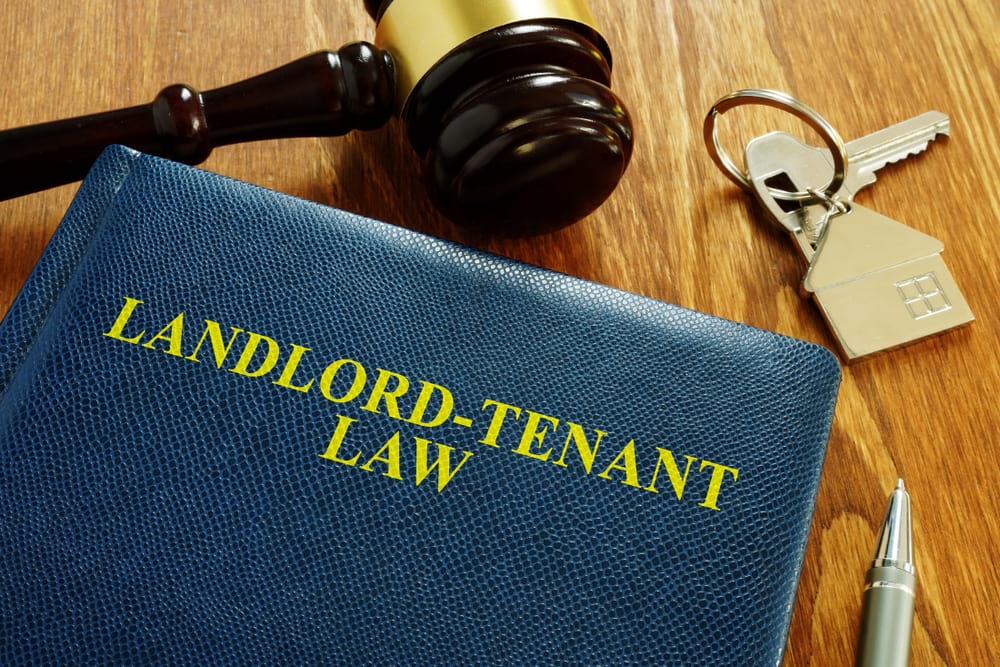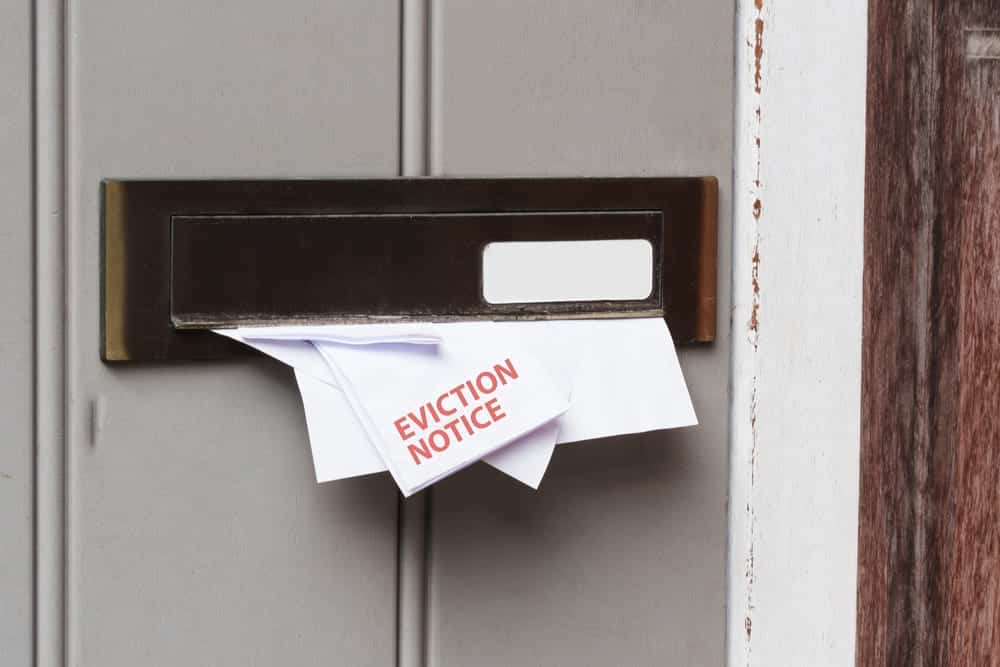For many years, landlords have encouraged bidding wars on their rental property.
It helps them increase how much rent they receive.
But this is set to end soon with the introduction of the Renters Reform Bill.
Here’s an overview of rental property bidding wars and the rules around them.
Is bidding allowed on rental properties?
Technically, yes.
A landlord cannot encourage a potential tenant to offer more than the advertised price. However, the renter can voluntarily do this.
If both bidders take this approach, a bidding war over rent could begin – even if the landlord hasn’t encouraged it.
When will the Renters Reform Bill be implemented?
The Renters Reform Bill will probably become law in late 2025. These changes will thus be implemented in early 2026.
The goal of the bill is to increase protection for renters. This stops them from getting mistreated by landlords.
It aims to give tenants more power and control over their living situation.
Some of the main proposals include:
- Abolishing fixed-term tenancies
- Abolishing no-fault evictions
- Stopping landlords from encouraging renters to offer more than the advertised price.
Can a potential renter volunteer at a higher rate?
Yes. While a landlord cannot tell the potential renter to do this, they can do it voluntarily.
In this case, the landlord has not done anything wrong, and they may accept the offer.
What causes a bidding war on Rental Property?
There aren’t many properties in the area
When there’s a shortage of houses in a location, then it can cause several people to be interested in the same property.
This can increase each person’s desperation to get it. And they may thus bid more as a result.
It’s an in-demand home
The house could be highly desirable even if the local conditions aren’t a factor.
Perhaps it’s in a perfect location or has unique features.
People may feel that they can’t get the same experience anywhere else.
So, they could be willing to bid more.
The advertised price is extremely reasonable
Sometimes, a landlord will set a reasonable price for letting it out. This is done to get more interest.
When the starting price is fair, people don’t mind bidding more, if it’s still reasonable.
Should I always let my house out to the highest bidder?
Not necessarily. You should consider several factors, and price is just one of them.
You may want to assess each person’s financial situation. How comfortably can they afford your rent?
If it’s cutting it close, you may feel nervous that missed payments might arise.
Personal dynamics may also play a factor. If you get along with one person well, you could be more inclined to rent the house out to them.
Or if they have an excellent reference from past landlords, this may weigh into your decision, too.
Sealed bids
One alternative is to go with a sealed bid system.
This means you ask each potential tenant to give a sealed (private) bid by a certain deadline. Then you look at the bids and decide which one to go with. This prevents a bidding war and lengthy negotiations.



















